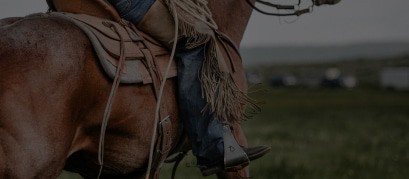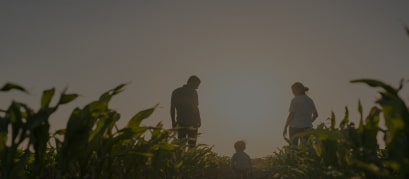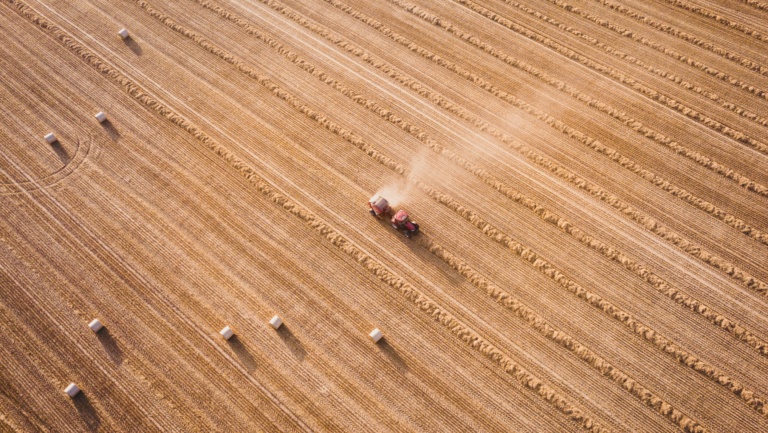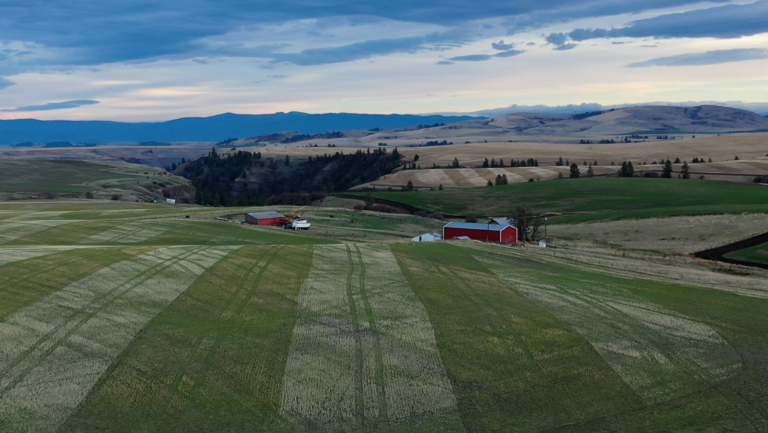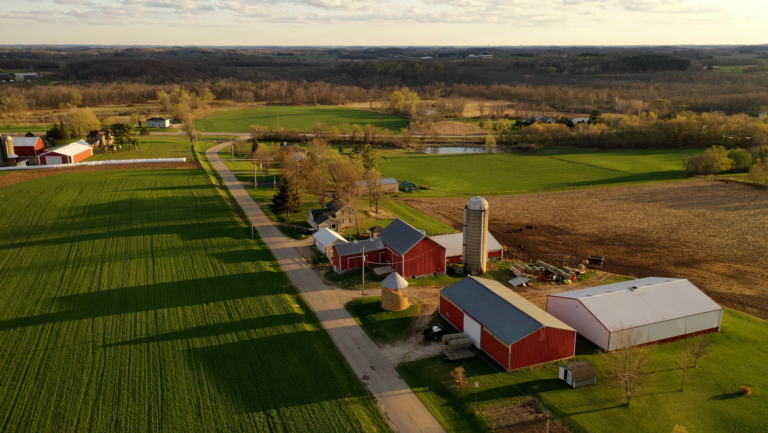How California’s Proposition 12 Impacts U.S. Pork
Nine U.S. states have banned gestation crates, but farmers are facing challenges across state lines.
Proposition 12 for California pork went into full effect at the start of 2024, requiring farmers to provide more room for egg-laying hens, veal calves, and breeding sows. The largest effect of this new legislation is that it bans farmers from using gestation crates or “sow stalls”, which most conventional pig farms rely on. California has officially joined eight other U.S. states in this ban, including Massachusetts, Oregon, Arizona, Colorado, Michigan, Ohio, Maine, and Florida.
In this article, we’ll unpack Proposition 12 and explain how its effects extend beyond the California border.
How California Pork Proposition 12 Is Affecting Farms in the Midwest and Beyond
California’s legislation doesn’t just ban the use of sow stalls for Californian farmers. It also bans the sale of any pork that was raised in an environment the bill deems unsatisfactory within its borders—meaning conventional pig farmers in Iowa can’t sell their meat to the Californian market.
“In the end, it’s really going to hurt the economy of Iowa, number one in pork production,” said Iowa Senator Chuck Grassley.
California is home to only .02 percent of breeding pigs, but the state is responsible for 13 percent of pork consumption in the U.S. Losing out on this market has the potential to greatly impact conventional pig farmers.
California Pork Proposition 12 Is Not the First of Its Kind
In 2016, the state of Massachusetts passed Question 3, a bill that banned the sale of gestation-crate-raised pork in the state. But unlike California, Massachusetts has the potential to choke off trade to all of New England.
“All of the distribution warehouses are in Massachusetts,” explained National Pork Producers Council’s Chief Legal Strategist Michael Formica. “You’ve got three times as many people living in Massachusetts as in any other New England state. Everything goes to Massachusetts – all the food that Rhode Island consumes is shipped down into Rhode Island from warehouses in Massachusetts. Three-quarters of the food Connecticut consumes comes from Springfield, Massachusetts. Most of what Vermont, and what New Hampshire and Maine get, is coming north from warehouses in Massachusetts.”
Legislative Timeline
Pig confinement legislation has been on the docket for decades, but highly restrictive bills have passed as far back as 2016. The timeline below shows how pig confinement legislation has progressed over the years.
2016
Massachusetts Question 3 passed. The measure requires Massachusetts farmers to give chickens, pigs, and calves enough room to turn around, stand up, lie down, and fully extend their limbs. It also prohibits the sale of eggs or meat from animals raised in conditions that did not meet these standards.
2017
Republican Congressman Jim Sensenbrenner introduced federal legislation that could have nullified Question 3, forbidding states from setting conditions on how businesses outside the state produce goods. This was unsuccessful.
2018
California voters approved Proposition 12.
2022
Massachusetts Question 3 and California Proposition 12 took full effect on January 1, 2022.
On January 25, a judge reverted California Proposition 12, stating that voters wanted the California Department of Public Health to write regulations before beginning to enforce the law. This ruling only applied to retailers. Pig farmers were still subject to the enforcement that began on January 1.
On August 11, a District of Massachusetts judge signed a court order that delayed enforcement of Question 3.
2023
In May 2023, the Supreme Court struck down a challenge from the National Pork Producers Council and the American Farm Bureau with a 5-4 decision, voting to keep California Proposition 12.
In July 2023, the California Pork Proposition began to be fully implemented and enforced.
In August, Massachusetts Question 3 went into full effect.
Adapting to California Pork Proposition 12 and New Legislation
Conventional pig farmers were given little warning and no financial backing to help them transition to new regulations.
“I would have to rip out all of the feed lines, I’d have to rip out all the gestation stalls, all the water troughs…It would cost me millions of dollars to make this one barn right here Prop 12 compliant,” said Cheryl Walsh, a fourth-generation pig farmer.
Many farmers are arguing that gestation crates are more humane than most people believe. Without the crates, farmers have no way of measuring how much food each individual pig eats.
“The dominant sows will get too much feed, and the weaker sows will not eat enough. So we know we won’t be able to take as good care of our animals,” said Chad Leman, pig farmer and president of Illinois Pork Producers Association. “There’s a reason that the pork business has evolved to where we are today. It’s because we found out that what we used to do didn’t work as good as what we do now.”
The biggest worry is the future. Pig farmers fear that more states will join California, each with their own specifications and laws, making it impossible to raise pigs in a way that pleases everyone. The cost to become compliant with Proposition 12 is estimated at around $3,500 per sow—this rising price will eventually be passed onto the consumer, as farmers struggle to balance their operational budgets.
Finance with a Farmer-Focused Lender
If your operation has been impacted by new legislation and you’re worried about your financing, AgAmerica can help. As an agriculture lender, we understand that operations often have to adapt to changing circumstances outside of their control. We work with farmers every day to build custom solutions that grow their balance sheets and increase their farm’s financial longevity.
Contact us today to learn how we can help.
